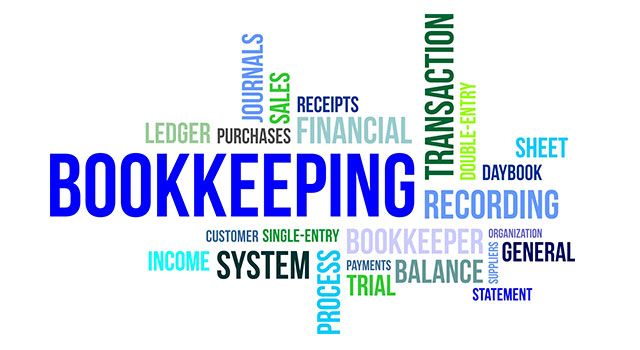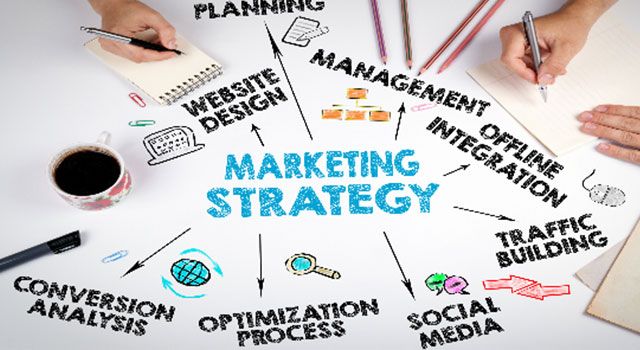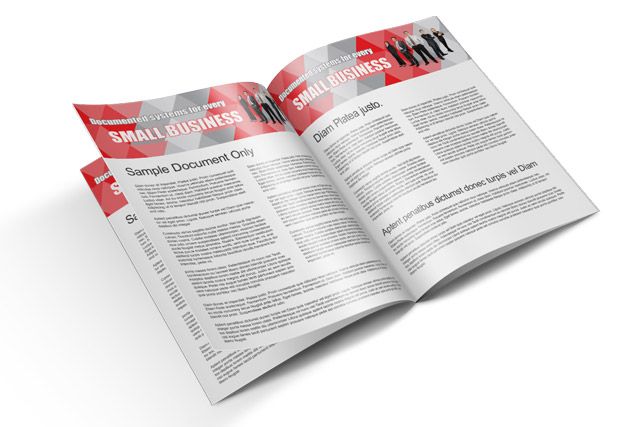COVID-19 Survival Assistance for SMEs
Empowering SMEs (Issue 057)
Greetings from ESS BIZTOOLS and our Affiliates, welcome to this weekly update on issues confronting small businesses and medium-sized enterprises from the COVID-19 coronavirus.
Preparing for the end of the lockdown.
In last week’s webinar Peter Towers, Managing Director of ESS Small Business and ESS BIZTOOLS summarised the presentation made by Andrew Geddes to the accountants' webinar presented by ESS BIZTOOLS last week:
- Communications – very important to keep your team informed as to what is happening and the new rules.
- Customers – businesses need to be concentrating on improving the customer experience that they obtain from your business. The relaxation of the COVID-19 rules will give your business a unique opportunity to reconnect with your customers.
- Simplification and Training – if your business is still 'less busy' than what you would normally expect, why not use this time to consider the simplification of processes and some training activities so as to improve the level of service that your business can provide to your customers.
- Key Customers – you could contact your key customers and enquire what they are doing in their businesses or, more importantly, what they are planning to do and asked them what assistance your business could offer to them. Then the person who made the call should submit a report to the leadership team on what the customer suggested so that consideration could be given as to whether that suggestion could be incorporated into a broader range of services to be offered to a group of customers.
- Government Assistance – to claim JobKeeper payments from 30th March 2020, your business needs to have registered with the Australian Taxation Office by 31st May 2020 and to have paid the wages for the second fortnightly periods in April by 8th May 2020.
- Cashflow – cashflow control is going to be very important during the remainder of the lockdown and in the commencement of 'post lockdown trading'. Weekly control and monitoring of cashflow, both income and outgoings, will be very important during the next 6 months.
- Financial Modelling Estimates – it would be a good idea to prepare some financial modelling estimates for your business. What would happen if sales were 10%, 20% or 30% lower than your estimates? You may have decided, at this stage, not to contact your bank about seeking a 'Coronavirus SME Guarantee Loan' but this predictive calculation may have highlighted to you the potential for your business to encounter significant cashflow difficulties during the next six months and perhaps you should be completing an application for a working capital loan of up to $250,000, repayable over a three-year period, with no security required.
- Generation of Income with Loan Funds – perhaps you could utilise the funds that could be provided by a 'Coronavirus SME Guarantee Loan' to undertake business creation activities which will enable you to keep your team fully engaged.
- Senior Leadership Team - if you have not already done so we recommend that you clearly identify your senior leadership team and ensure that the senior leadership team communicate in-house or by Zoom on a daily basis to ensure that strategies are being implemented that will enable the business to immediately resume full-scale business operations as soon lockdown restrictions are removed.
- JobKeeper – negotiations with the landlord – if your business has qualified for JobKeeper (turnover has reduced by 30%) and if you occupy leased premises, have you had discussions with your landlord relative to rental waivers and rental deferrals using the “commercial Tenants Code of Conduct”?
- Funding Planning – if you think you're going to need more finance introduced into your business than what will be available from the “Coronavirus SME Guarantee Loans – limit $250,000 or from the other borrowings that you could make from your bank, you could give consideration to the possibility of raising capital directly from the public. Small companies can do this these days via:
- utilising Section 708 of the Corporations Act to raise up to $2 million in 12 months from a maximum of 20 investors
- utilising Crowd Sourced Funding Equity Raising to raise capital from the public – a qualifying company can raise up to $5 million in a 12 month period
- Business Review Meetings – all businesses will benefit from conducting a business review meeting each month. All aspects of the business should be considered in the business review meeting. It is not a meeting just to talk about taxation issues. Your firm’s accountant or business advisor could be invited to actively participate in the business review meeting process. These meetings will give your leadership team a great opportunity to spend a few hours on clearly identifying strategies for the business with a financial input available from your accountant acting as your Chief Financial Officer.
- Identification of Three Projects Each Quarter – a key objective of the business review meetings should be to identify three projects/ideas each quarter and then allocate a small team to think through all of the implications and report back to the next business review meeting as to whether the business should identify that project/idea within the businesses strategic plan.
- What is your vision? – where do you want this business to be in three to five years' time? It’s appropriate to start thinking about the “scaling up process” which includes:
- developing the leadership team
- developing and motivating the team members
- developing strategies for the business to achieve its key aims
- implementing the strategies on a day-to-day basis
- identifying the source of finance to enable the business to be able to grow
- Needs' checklist – ESS Small Business has an SME Needs' Checklist (Click here). This is a free document that you are most welcome to use – talk to your accountant about it, tell them that you sourced it from ESS Small Business/ESS BIZTOOLS and utilise it to help plan commercial activities for your business.
- The end of the lockout is near – many people, including us, believe there will be significant changes in how businesses operate post COVID-19 coronavirus. Now is the time to get your planning in place so you don’t miss out on these new business opportunities and the opportunity to make up for some of the money you've lost over the last 3 months!
Next "COVID-19 Survival Panel" Webinar
The next webinar for small businesses and medium-sized enterprises is on Wednesday, 13th May 2020 at 12-noon AEST, with keynote speakers:
- Ashley Evans – a SME financing expert who will talk about financing your business during these difficult times.
- Trent Butler – an accountant consultant who will talk about how to access accountancy services which will add value to your business.
To register for this free webinar please (Click here).
Please click here for the recording of the "COVID-19 Survival Panel" webinar for SMEs held on the 6th May 2020.
We'd like to invite you to visit the ESS Small Business' website è Survival in Difficult Times product package è Learn More which includes all of the material that we have produced to assist small businesses and medium-sized enterprises to combat the challenges of COVID-19.
Stay safe. If you'd like to have a discussion, please don’t hesitate to contact us.
If you have a friend or a colleague who you think might find this article interesting, please don't hesitate to send it on to them.
Have a great day!





































